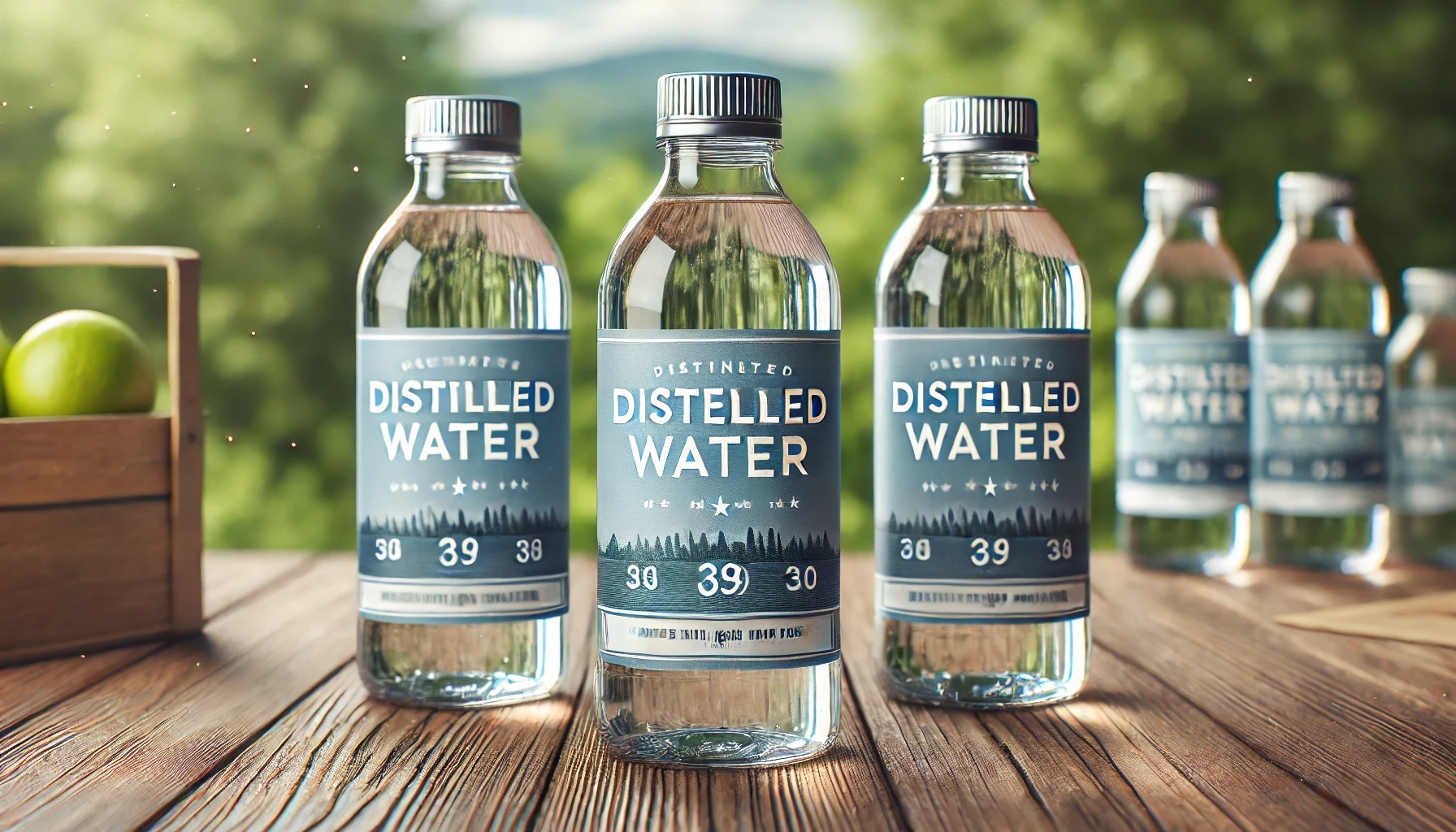Check out this answer from Consensus:
Distilled water is a highly purified form of water produced through distillation, making it suitable for various scientific, medical, and industrial applications. However, attention must be paid to the distillation process and storage to avoid contamination and ensure the highest quality of distilled water.
Distilled water is a type of purified water that has undergone a process of distillation to remove impurities and contaminants. This article explores the definition, production process, applications, and potential issues associated with distilled water.
Definition
Distilled water is water that has been boiled into vapor and then condensed back into liquid in a separate container. This process effectively removes impurities and contaminants, resulting in highly purified water3.
Production Process
The distillation process involves several key steps:
- Boiling: Water is heated until it turns into steam, leaving behind most contaminants.
- Condensation: The steam is captured and cooled, turning it back into liquid water.
- Collection: The condensed water is collected in a separate container, free from the original contaminants3.
However, the efficiency of distillation can vary, and the purity of distilled water can be influenced by the materials used in the distillation apparatus. For instance, the use of plastic tubing can introduce contaminants, whereas all-glass apparatuses are preferred for achieving higher purity4 10.
Applications
Distilled water is used in various applications due to its high purity:
- Laboratory Use: It is essential for experiments requiring uncontaminated water, such as in surface chemistry and precise pH work6.
- Medical Procedures: Distilled water is used as an irrigating fluid in medical procedures like transurethral resection of the prostate, where it has been shown to be safe and effective7.
- Solar Distillation Systems: Advanced solar stills use distilled water for improved recovery and purity, meeting standards set by the World Health Organization2.
Potential Issues
Despite its high purity, distilled water can have some drawbacks:
- Contamination: Improper distillation setups, such as those using plastic components, can introduce contaminants like chlorine, which can interfere with laboratory analyses8 10.
- Toxicity: There are concerns about the physiological effects of distilled water, particularly in biological studies where it may not provide the necessary ions and nutrients for organisms5.
- Bacterial Growth: Distilled water can still harbor bacteria, especially if stored improperly. Studies have shown that distilled water can contain specific types of bacteria that differ from those found in natural water sources9.
